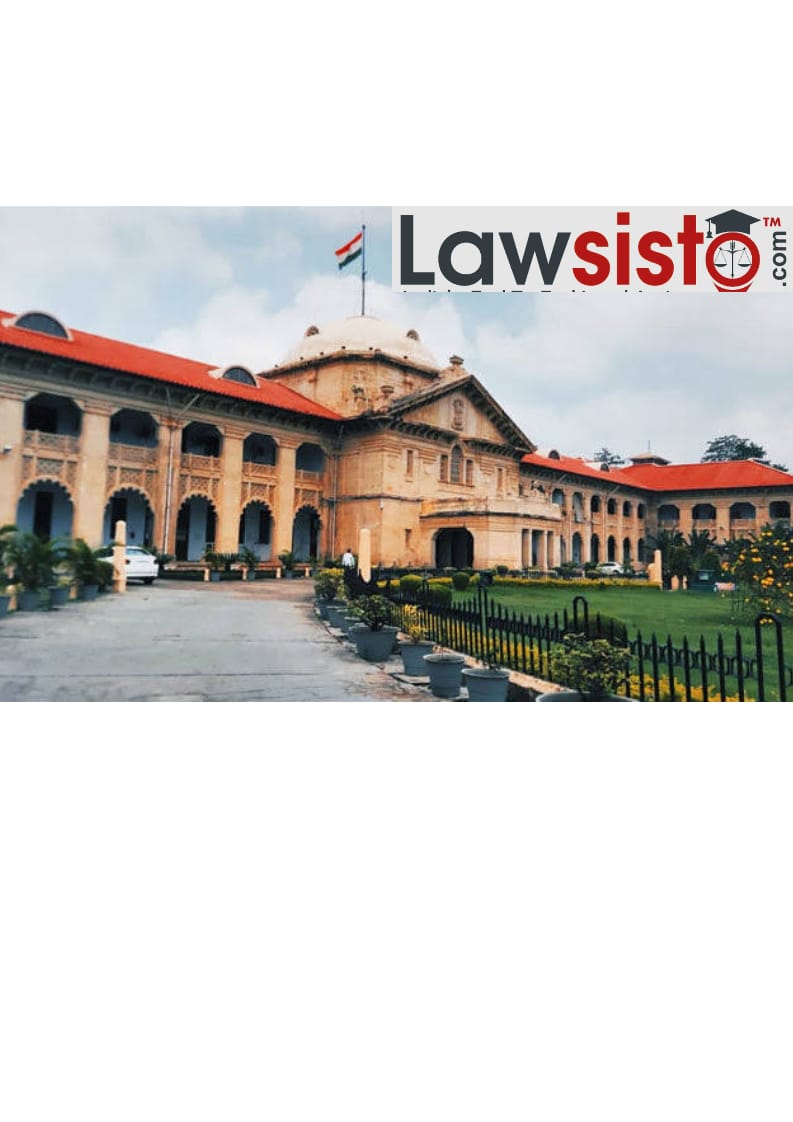Latest News
Allahabad High Court quashes detention of man booked under NSA

The Allahabad High Court has quashed detention of one, Mohd. Faiyyaz Mansuri was booked under the National Security Act, 1980 for an alleged Facebook post on Babri Masjid (Mohd. Faiyyaz Mansuri v. Union of India).
A Division Bench comprising Justices Ramesh Sinha and Saroj Yadav opined that Mansuri's detention under NSA was justified but the delay by the government in disposing of his representation was not, and quashed the detention order on that ground. In its order passed on a Habeas Corpus plea, the Court emphasized that the Indian Constitution guarantees various freedoms and personal liberty to all persons, but the same should not be 'misused'.The order said that however, it should be kept in mind by one and all that the constitutional guarantee of such freedoms and liberty is not meant to be abused and misused so as to endanger and threaten the very foundation of the pattern of our free society in which the guaranteed democratic freedom and personal liberty is designed to grow and flourish. Posting provocative messages through his Facebook wall strikes at the root of the State’s authority and is directly connected to ‘public order, the court said.
The detenue had allegedly put up the post on Facebook. On August 5, 2020, a written report was filed by one Sagar Kapoor, that the detenue/petitioner had posted a provocative post with the intention of provoking the sentiments of Hindu society through his Facebook. One Samreen Bano made an indecent comment to that post and was supported by some other persons, it was alleged. On the basis of the said written report, a case was registered under Sections 153A, 292, 505 (2), 506, 509 of Indian Penal Code, and Section 67 of Information Technology Act, 2008. During the investigation, Section 292 and 509 were dropped and Section 295A was added.
Later, the applicant was sent to jail and subsequently, he was booked under National Security Act and detained. The counsel for the applicant/accused submitted that police had filed the charge-sheet against the detenue without verifying the facts or evidence as mandated under Section 65-B of the Indian Evidence Act to connect a person with an information technology crime. He also argued that in the FIR, four persons were named as accused and the main person, Samreen Bano, who allegedly made abusive comments, has not been arrested to date.
It was also argued that delay and latches by the government in considering the petitioner’s representation has infringed fundamental rights of the detenue enshrined under Articles 21 and 22 (5) of the Constitution of India. On the other hand, the Additional Government Advocate (AGA) argued that the Act/offense committed by the detenue/petitioner violated the rights of other religions and is in the nature of insulting the religious sentiments of one community. The calculated tendency of this aggravated form of insult is clearly to disrupt public order, it was submitted. It was in the nature of insulting religion with the deliberate and malicious intention of outraging the religious feelings of one class, submitted the AGA. The Court held that the grounds on which the petitioner was 'detained by the authorities were justified.
"This Court, therefore, has no hesitation in holding that the instance of petitioner's activities enumerated in the grounds of detention, clearly show that his activities cover a wide field and fall within the contours of the concept of 'public order' Hence, there is no substance on the plea of the petitioner in this regard."However, on the issue of deciding the petitioner's representation, the Court took into account the argument of the petitioner and held government's affidavit did not contain a day-to-day explanation while dealing with the petitioner's representation between October 25, 2020, to November 11, 2020. Having regard to the nature of detention and rigor of the law, we are of the view that there was a disproportionate delay at the end of the Central Government. The Habeas Corpus plea was, therefore, allowed and the detention order under NSA was quashed.
Document:



































































































